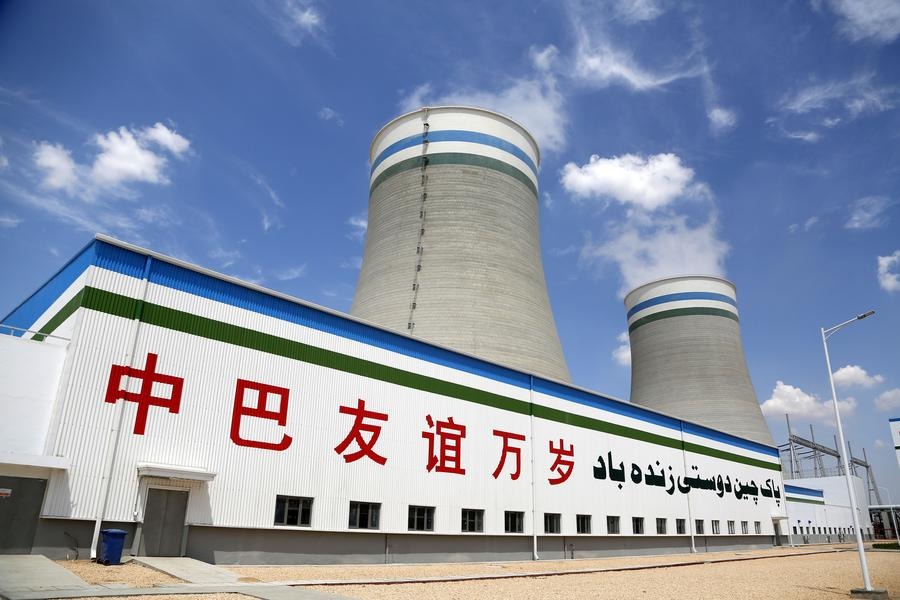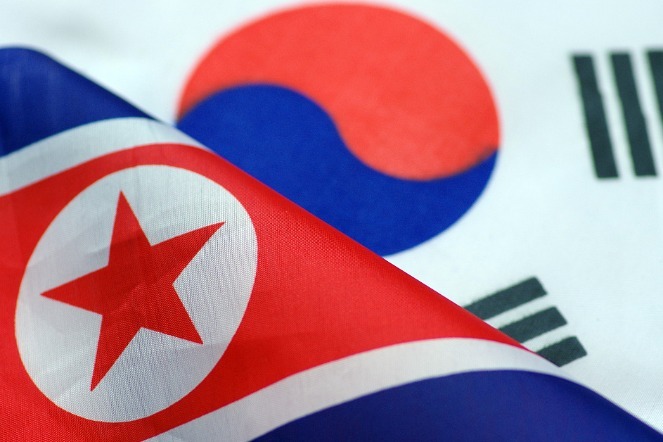Elephant in the room


Troubles mounting up as the reigning hegemon for the past seven decades is unwilling to adapt to the changing global dynamics of multipolarity
The United Nations upcoming Summit of the Future, which is to be held in September, is dubbed a "once-in-a-generation opportunity" to reaffirm existing commitments to the Sustainable Development Goals and the UN Charter, alongside reinvigorating multilateral cooperation among the UN member states.
The occasion is framed as a pivotal opportunity for state actors across the world to rebuild trust and unleash the potential of international collaboration in addressing current and emerging challenges. The main thrust apparently lies in the methodology and strategies underpinned by such established frameworks as the UN Charter, the Universal Declaration of Human Rights, the 2030 Sustainable Development Agenda, the Paris Agreement and the Addis Ababa Action Agenda.
The world at large is aware of the exigencies of the crises confronting humanity. In response to the call of international community to rebuild global governance, the UN Secretary General Antonio Guterres in his "Our Common Agenda" has clearly pointed out the interconnectedness of the various challenges identified. Yet, the action deficit remains the key stumbling block stalling the mitigating endeavor.
The problem of ailing global governance is not difficult to diagnose. The crunch, which lies in the reigning hegemon and has been leading the world for the past seven decades, has yet to adapt to the changing global dynamics as the world is ushering in an age of multipolarity. The global leadership that was once characterized by the US' unipolar hegemony is now becoming increasingly irrelevant as it has proven incapable of addressing the emerging challenges and rising aspirations of humanity. Yet, in its anguish to retain its dissipating global primacy, the reigning hegemon allows no peer competitor to excel or to offer any public good deemed defiant to its authority.
A clear case in point is exemplified by Robert Daly's remarks in referencing China. Being a former US diplomat and a director of the Kissinger Institute on China and the United States at the Woodrow Wilson Center, he was quoted as saying: "The US must make sure it doesn't have a peer competitor for security. It must limit China's growth even if that means pushing people back into poverty." This constitutes the prescription of the US' self-proclaimed "brutalist philosophy" to contain China, which is dubbed the "systemic challenge to the US".
In this context, Daly is not alone in voicing such visceral anguish. US officials have made no effort to conceal their nation's strategy to hobble China. Washington's indiscriminate weaponization of economic sanctions and punitive tariffs against its rivals fits the bill of such hobbling.
This signifies Washington's growing sense of insecurity in picking up the gauntlet in face of Beijing's growing clout and influence on the world stage.
But such efforts contribute nothing positive to fostering a better tomorrow for humanity. More so, when China has time and again sought to calibrate its relations with the US as a "partner" instead of a "competitor" or a "systemic challenger", much less an "existential threat".
The hegemonic stifling of China's multi-dimensional rise in the purported interest of defending the US' "national security" has put the rest of the world in a quandary, where the vulnerables are coerced to take sides between China and the US in the geopolitical power play.
This has been the geopolitical predicament confronting the developing Global South, particularly countries in Southeast Asia ever since Washington shifted the focus of its foreign policy from West Asia and Europe to the Asia-Pacific region, notably countries in the neighborhood of China. Under then president Barack Obama's "Pivot to Asia" strategy, the US intentions to counter China as a potential rival power had been progressively evident both politically and economically.
Parallel to this, taking China's growing assertiveness as a security threat, the US' military presence and buildup in the vicinity of China was further ramped up in its bid to beef up its deterrence security architecture against China in the region. The saber-rattling of the US and its allies' warships at the doorstep of China is now evolving into a new normal in the name of "Freedom of Navigation" operations. Meanwhile, the multiple US-led minilateral security alliances, ostensibly targeting China, look set to pave way for the eastward expansion of NATO into the Asia-Pacific region under the framework of the US' "Indo-Pacific "strategy.
The extension of the US' long arm jurisdiction to the territorial waters of China will inevitably provoke increasing ire from China, much to the detriment of Sino-US collaboration in such areas as combating climate change and illicit drug abuse. As no single nation could ever mitigate the existing challenges and emerging exigencies single-handedly, diplomatic relations between major powers thus have a major bearing on shaping the trajectory of their collaboration in efforts to address the common challenges.
As such, it would simply be naive to expect a rising power, such as China, to embrace cooperation with its hegemonic adversary which is hellbent on hobbling it. The US'"3C" policy of "competition, confrontation and cooperation", in engaging with China, is in itself an oxymoronic condescension serving the interests of the US.
Having had the privilege of exceptionalism over the past seven decades of the "Pax-Americana", the US should now learn to accept the reality that hegemonic primacy can never be perpetual. The US should not be allowed to usurp the UN Charter and replace it with its own set of rules in the name of a "rulesbased order". Against such a backdrop, reaffirmation of the UN Charter is indeed timely and relevant.
While the world body is alarmed by the sluggish progress of the 2030 Sustainable Development Agenda, with only 17 percent of the Sustainable Development Goals on track to be achieved, and over 700 million people still struggling to escape extreme poverty, the US and its pliant states seem to have their resources and priorities misplaced with conspicuous military spending hikes aimed at keeping China's growing military clout in check.
Amid the pressing need of reinvigorating multilateral cooperation in the face of increasing common exigencies, all globally available resources and knowledge are supposed to be pooled to mitigate the global challenges for the well-being of humanity. Yet, Washington is resorting to building "small yards with high fences" by imposing more restrictions on positive exchanges with China in the development of cutting-edge technology.
In the current context, the US-led West's indiscriminate "de-risking" — a diplomatic fig leaf intended to conceal the real intention of Washington to decouple technologically from Beijing — is yet to be reined in. A full blown "technology war" is looming large.
The world is now at a crossroad. The upcoming Summit of the Future with its ambitious agenda provides a faint hope to the international community. All in all, amid the prevailing deficits of global trust and action, ultimately it's the commitment of the global state actors to the world agenda that counts.
The author is president of the Belt and Road Initiative Caucus for the Asia-Pacific and former transport minister of Malaysia. The author contributed this article to China Watch, a think tank powered by China Daily. The views do not necessarily reflect those of China Daily.
Contact the editor at [email protected].


































